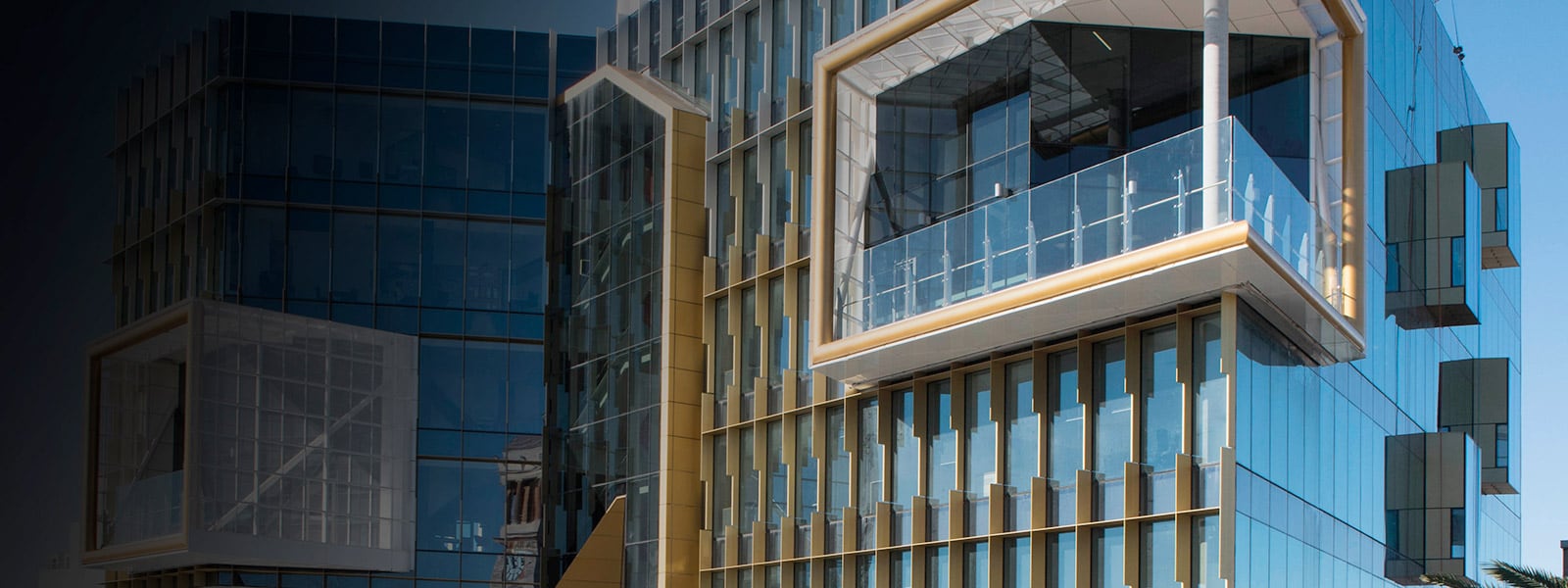
Workforce Resilience and Transformation
This group explores the evolving dynamics of the workforce, focusing on diversity, technological advancements, and economic shifts. Through research on workforce adaptation and resilience strategies, we provide organizations with insights to foster long-term sustainability and competitiveness in an ever-changing environment.
Focus
This subgroup investigates the psychosocial, structural, and cultural conditions that shape well-being, resilience, and equity in the workplace. We focus on evidence-informed, people-centred research to better understand how leadership, organisational climates, and employment arrangements affect psychological health, job satisfaction, inclusion, and long-term career sustainability. Our multidisciplinary approach brings together scholars in human resource management and organisational behaviour to examine complex challenges such as workplace bullying, abusive supervision, worker vulnerability, and work-life enrichment across diverse professional contexts.
Impact
Our research advances knowledge and practice on creating safe, supportive, and sustainable work environments that promote both individual well-being and organisational effectiveness. Through partnerships with public and private organisations, we inform the design of leadership development, ethical governance, and employment policies that mitigate psychosocial hazards and promote decent work. By integrating conceptual rigour with applied relevance, our work contributes to global efforts to ensure that resilience and well-being are not privileges, but integral components of the future of work.
Outcomes
Lee, E. S., Lee, E. K., Zhu, J. S., & Yang, M. (2024). A multilevel review of the psychological and emotional challenges faced by skilled migrants: Extending the psychological toll model. International Journal of Intercultural Relations, 103, 102074.
Mitchell, R., Von Stieglitz, S., Gu, J., Boyle, B., & Ocampo, A. C. G. (2024). Tackling adversity with open minds: Team personality composition facilitates shared leadership and team resilience. Applied Psychology.
Nguyen, D., Tuckey, M., Teo, S., Le, T. T., & Khoi, N. V. (2024). Boundaries of ethical leadership in mitigating workplace bullying: the moderation effect of team power distance orientation. Public Management Review, 26(8), 2471-2498.
Wechtler, H., Boedker, C., & Connell, J. (2025). Leader psychopathy and workplace emotional exhaustion: An illustration of uneven distribution of psychosocial hazards within organisations. Safety Science, 184, 106756.
Focus
This subgroup explores the organisational, interpersonal, and structural dynamics that shape inclusive and equitable workplaces. Our research investigates how stigma, stereotype activation, and leadership practices influence employee participation, recognition, and positive workplace culture. We examine the experiences of diverse workforce segments—including migrants, older workers, women returning from leave, and those with atypical career profiles—while also studying the mechanisms through which leadership, trust, and team composition contribute to inclusive climates. By drawing from organisational behaviour, human resource management, sociology, and international business, this research strand emphasises the interaction between organisational practices, employee identity, and perceived fairness in complex work environments.
Impact
Our findings inform more inclusive approaches to leadership development, talent management, and diversity-sensitive policy design. By uncovering how meta-stereotypes, religiosity, discrimination, or leadership differentiation can affect voice, engagement, and withdrawal behaviours, our work contributes to mitigating bias and promoting psychological safety in diverse organisational settings. This research supports public and private organisations in creating work environments that are not only demographically diverse but also culturally competent and socially cohesive. Through evidence-based insights, we enable institutions to translate inclusion strategies into everyday managerial practices that foster respect and sustainability across workforce demographics.
Outcomes
Gregory, S. K. (2021). Managing labour market re-entry following maternity leave among women in the Australian higher education sector. Journal of Sociology, 57(3), 577-594.
Mitchell, R., Maley, J., Boyle, B., & Gu, J. (2024). Stigma Management within and between Levels. Journal of Management Studies.
Teo, S. T. T., Bentley, T. A., Nguyen, D., Blackwood, K., & Catley, B. (2021). Inclusive leadership, matured age HRM practices and older worker wellbeing. Asia Pacific Journal of Human Resources.
Wechtler, H. M., Lee, C. I. S. G., Heyden, M. L. M., Felps, W., & Lee, T. W. (2022). The nonlinear relationship between atypical applicant experience and hiring: The red flags perspective. Journal of Applied Psychology, 107(5), 776-789.
Focus
This subgroup investigates how organisations adapt to ongoing transformations in work structures, technologies, and leadership demands. Our research explores the conditions under which innovation emerges within teams, the enablers of entrepreneurial behaviour, and the organisational responses to disruptive events such as crises, demographic shifts, and digitalisation. We examine evolving patterns in leadership succession, informal learning, proactive work behaviours, and strategic HRM tools such as electronic HR systems and job crafting. The aim is to understand how institutions navigate complex, often nonlinear change processes and sustain innovative capacity across multiple levels of analysis. Our approach is interdisciplinary, connecting insights from organizational behaviour, innovation studies, HRM, and strategic management.
Impact
Our work informs leadership development, innovation policy, and transformation strategies in organisations confronting environmental turbulence and technological disruption. By identifying how leadership trust, team composition, and knowledge integration foster innovative work behaviour—even during crisis—this research supports organisations in building adaptive, forward-looking cultures. We also contribute to the design of more resilient business models, the refinement of e-HRM systems, and the development of team-based innovation networks. These insights assist managers, HR leaders, and policymakers in understanding the dynamics of sustainable transformation and equipping the workforce for the future of work.
Outcomes
Connell, J., Burgess, J., & Larkin, R. (2023). COVID in Australia: HR managers' challenges and opportunities. Asia Pacific Journal of Human Resources, 61(3), 535-553.
Criado-Perez, C., Shinkle, G. A., HÃllerer, M. A., Sharma, A., Collins, C., et al. (2022). Digital transformation in the Australian AEC industry: Prevailing issues and prospective leadership thinking. Journal of Construction Engineering and Management, 148(1), 05021012.
Heyden, M. L., Wechtler, H. M., & van Doorn, S. (2025). Wrinkle of change? The reproduction of executive age profiles across CEO succession episodes. Human Relations.
Mitchell, R., Boyle, B. (2021). Too many cooks in the kitchen? The contingent curvilinear effect of shared leadership on multidisciplinary healthcare team innovation. Human Resource Management Journal, 31(1), 358-374.
Yang, J., Liu, F., Huang, Y., Miao, H., & Tian, F. (2024). Workplace fun and employees’ service innovative behavior: The role of task crafting and manager support for fun. International Journal of Hospitality Management, 121, 103799.

Join Us
We invite academic researchers, industry professionals, government stakeholders, and the general public to engage with our research.
For more information, please contact us at nbs.enquiries@newcastle.edu.au
The University of Newcastle acknowledges the traditional custodians of the lands within our footprint areas: Awabakal, Darkinjung, Biripai, Worimi, Wonnarua, and Eora Nations. We also pay respect to the wisdom of our Elders past and present.